On November 14 in Hanoi, the Vietnam Low-altitude Economic International Forum 2025 organized by the Aviation, Space, Unmanned Aerial Vehicles Network (AUVS VN) in collaboration withFPT Corporation, the Vietnam Low-altitude Economic Alliance and Vietnamese Innovation Networks abroad attracted the participation of businesses, innovation networks and international partners.
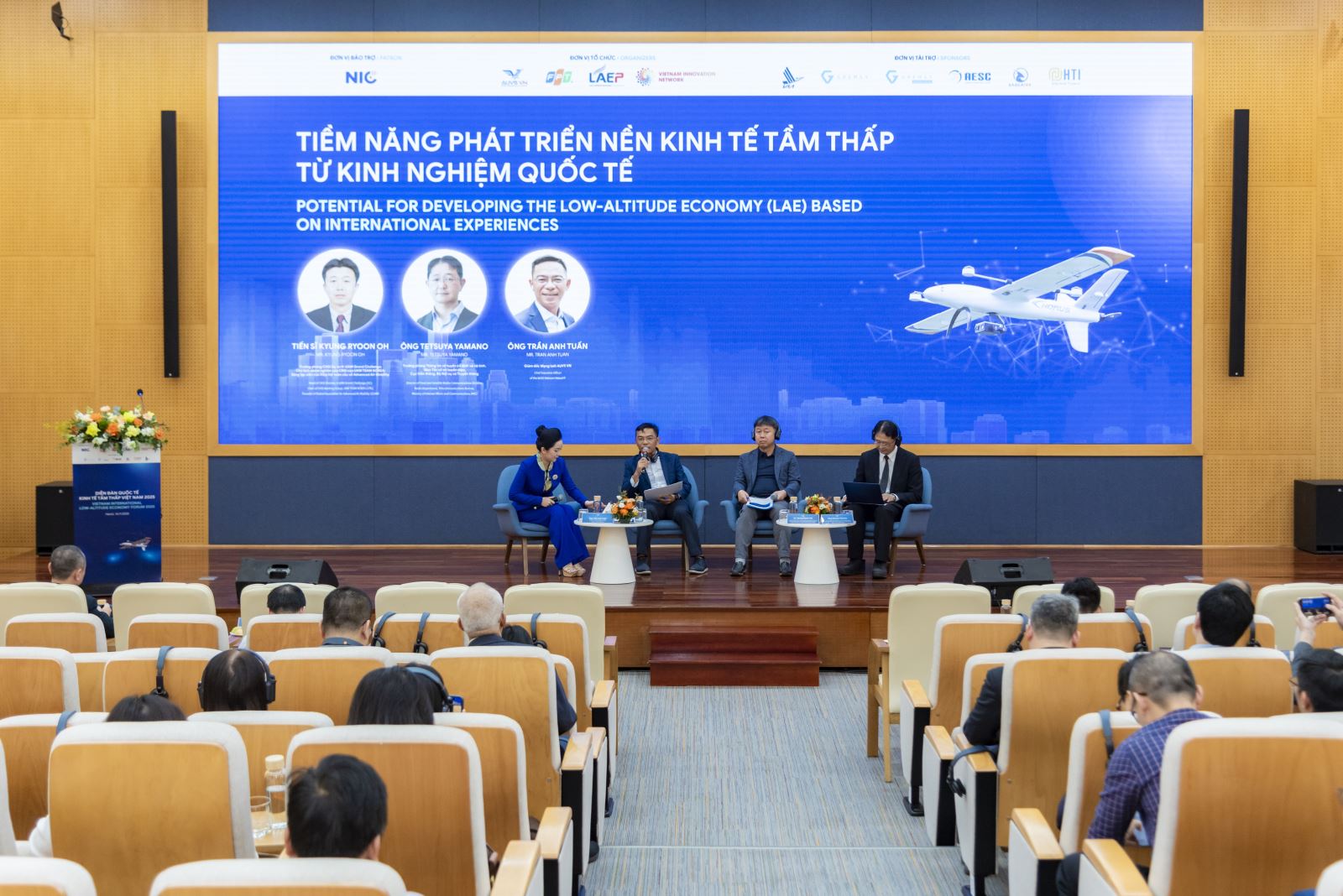
According to experts, the low-altitude aviation industry alone is expected to be valued at around 700 billion USD by 2035. In Vietnam, the potential of the low-altitude economy is estimated to reach 10 billion USD. With geopolitical advantages, policies to encourage innovation, a young and dynamic workforce, Vietnam is facing a "once-in-a-lifetime opportunity" to become the low-altitude industrial center of the region and the world.
The Low-Level Economic Alliance (LAE), launched on October 10, 2025 and chaired by Mr. Nguyen Van Khoa - General Director of FPT Corporation - is one of the first steps to realize this vision. The Alliance expects this new economy to promote thousands of supporting businesses, create 1 million high-quality jobs and bring tens of billions of USD to Vietnam in the next 10-15 years.
The Vietnam Low-Tech Economic International Forum 2025 is held with the theme “Shaping the Future of Vietnam’s Low-Tech Economy – From Policy to Practice”, aiming to enhance strategic dialogue, share international experiences and promote cooperation in building policies to develop the low-tech economy in a safe, effective and sustainable manner. This is considered a new pillar in the process of developing Vietnam’s digital economy and high-tech industry.
With the goal of realizing Resolution 57 on scientific and technological breakthroughs and Decision No. 1131/QD-TTg of the Prime Minister on the List of strategic technologies and strategic technology products, the Forum emphasized the potential of UAVs and aviation and space technology in low-altitude economic development, opening up new, sustainable industries and being the pillars for the digital economy, smart cities and modern agriculture.
The low-altitude economy includes economic activities taking place below an altitude of 1,000 m, which can be expanded to below 5,000 m depending on the actual needs of each country, taking advantage of drone and unmanned flight technology, low-altitude intelligent networks to develop infrastructure, produce flying vehicles, services and ensure flight safety, mainly based on the application of unmanned aerial vehicles (UAVs) and related technologies in fields such as agriculture, logistics, environmental monitoring, transportation, communications and entertainment...
Mr. Vu Anh Tu, Technology Director of FPT Corporation, a member of the AUVS VN network, emphasized that the global market has reached hundreds of billions of USD in size, growing 30% per year and has been identified as a strategic industry by major economies such as the US, China, and Europe.
Vietnam is facing a "golden moment" to enter this field, opening up a completely new economic sector based on aviation, space and UAV technology. According to Mr. Vu Anh Tu, "Vietnam's sky" is opening up an unprecedented development space, especially when the Mekong Delta is becoming the largest UAV application area in the country, and is also a testing ground for many international corporations. Analyzing the development space of the low-level economic sector, Mr. Vu Anh Tu pointed out that the low-level economy opens up the opportunity to form a completely new industry in Vietnam - not only UAV production, but also including equipment, chips, sensors, building flight management platforms and 3D digital maps, developing operational services, insurance, training, and applications in agriculture and other fields.
“Low-level economy opens up new growth momentum - where Vietnam can take off with intelligence, technology and multi-dimensional cooperation between: State - Enterprises, Universities and People. Seizing opportunities and investing in LAE, we are promoting three pillars of the new era: digital economy, green economy, knowledge economy - at the same time awakening the creative potential of Vietnamese engineers and scientists, bringing better services to people in remote areas, islands and affirming Vietnam's position on the global technology map", Mr. Vu Anh Tu emphasized.
The first positive signs of Vietnam’s low-end economy are already evident in many sectors and could help increase productivity exponentially. In agriculture, which accounts for 12-14% of GDP and employs 40% of the workforce, UAVs are becoming a key solution for spraying/fertilizing automation, pest monitoring and growth assessment. UAV applications can create a quantum leap in automation as one UAV sprayer can treat 67 hectares/day, while manual labor only reaches about 1 hectare.
In logistics, where Vietnam's e-commerce is forecast to reach 63 billion USD by 2030, UAVs have been tested for relief deliveries in Thai Nguyen, Tuyen Quang, Bac Ninh and automated deliveries in the Lang Son logistics area, helping to shorten time, reduce costs and overcome terrain limitations.
In smart cities, UAVs are supporting the monitoring of traffic, technical infrastructure, transmission lines and urban order in Thu Duc City and Hanoi. UAVs are expected to become effective tools in monitoring infrastructure, managing traffic and improving emergency response capabilities. Exploiting low-altitude economic space is not only an economic issue but also directly related to safety, security and national response capabilities.
Mr. Vo Xuan Hoai, Deputy Director of the National Innovation Center (NIC), affirmed that aerospace and UAVs are one of the global strategic industries, with 70% of the UAV market share in the hands of large enterprises, creating strong competition between the US, China and many other countries. This is an opportunity for Vietnam to participate deeply in the value chain, from research, equipment manufacturing to software development, AI and flight management.
Held for the first time, the Forum attracted more than 200 delegates from state management agencies, research institutes, technology enterprises, international experts and many booths from major partners in the fields of aviation, artificial intelligence, space technology, etc.
The forum recorded many policy proposals in building a sandbox policy framework, developing low-altitude airspace management infrastructure, and promoting research and production of unmanned aerial vehicles (UAV/UAM) to serve socio-economic fields to open up a new direction for the country in the era of low-altitude aviation, creating a platform to connect resources, share knowledge and promote the application of modern technologies.
Source: https://baotintuc.vn/khoa-hoc-cong-nghe/cong-nghe-uav-hang-khong-vu-tru-mo-ra-nganh-kinh-te-moi-cua-viet-nam-20251114215556785.htm






![[Photo] Action for the Community tells stories of enduring journeys – both intimate and great, yet quiet and determined](https://vphoto.vietnam.vn/thumb/1200x675/vietnam/resource/IMAGE/2025/11/15/1763179022035_ai-dai-dieu-5828-jpg.webp)

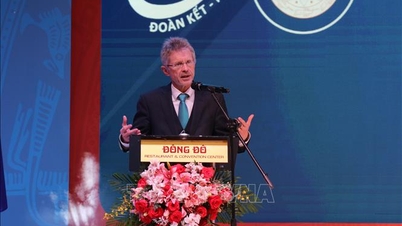
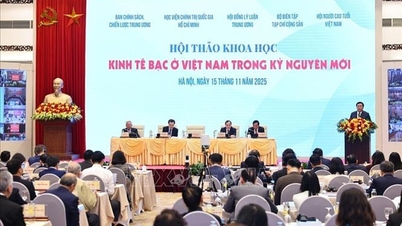




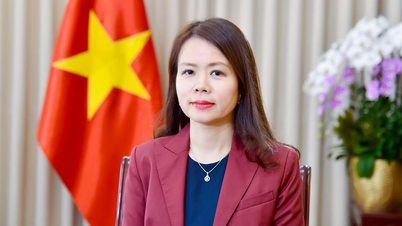

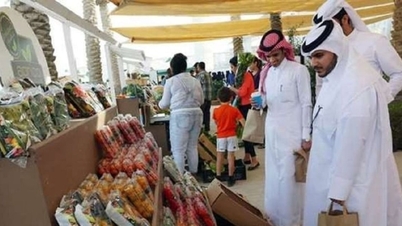

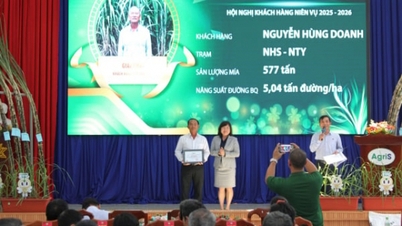
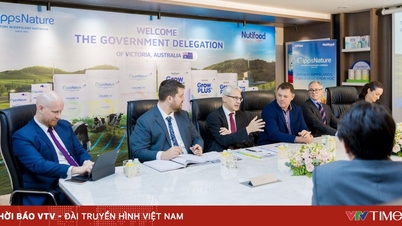

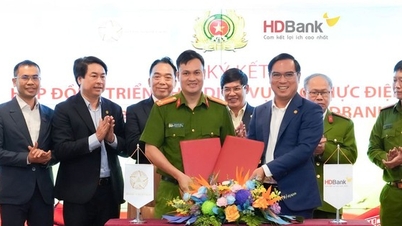

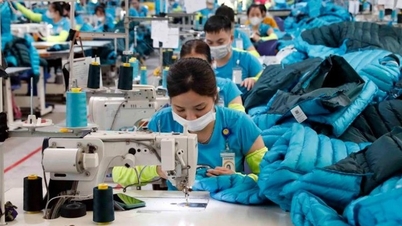

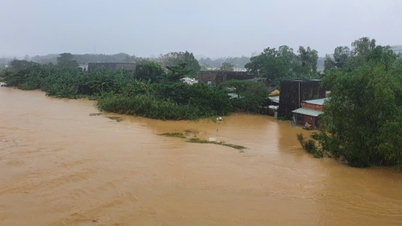

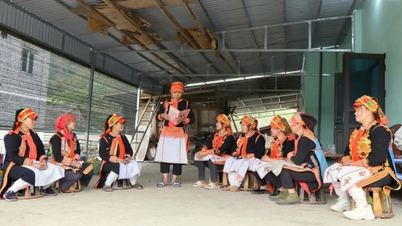




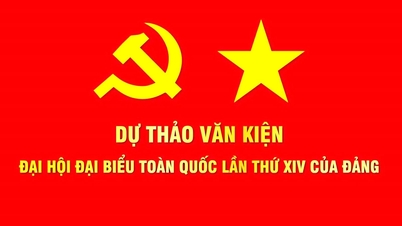
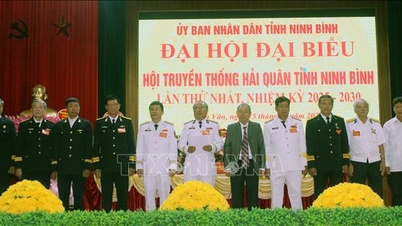
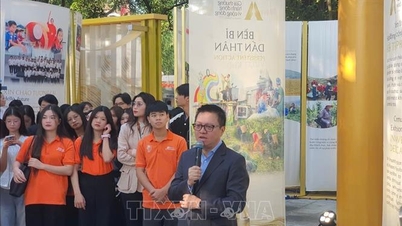
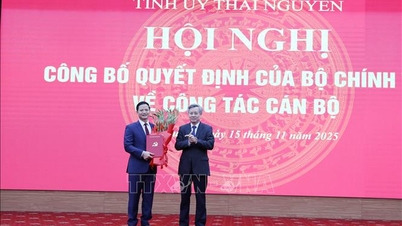
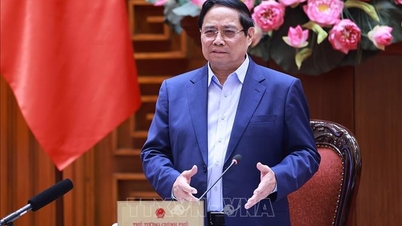
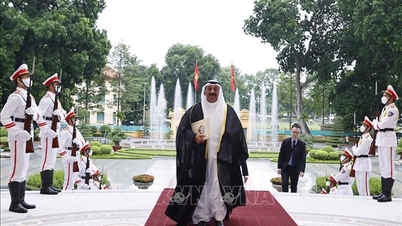










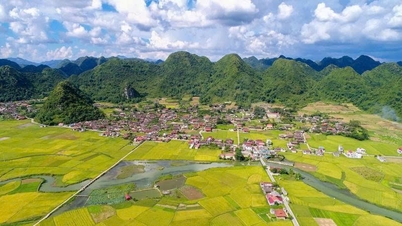

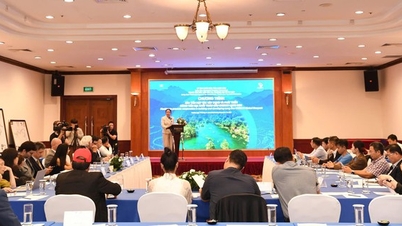






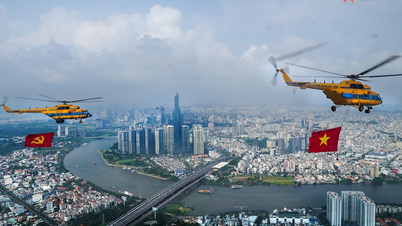

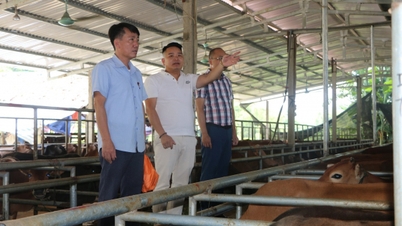



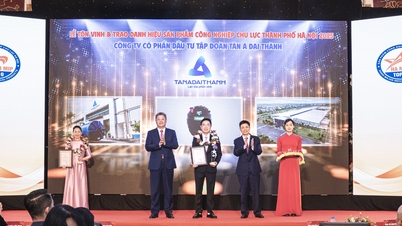
















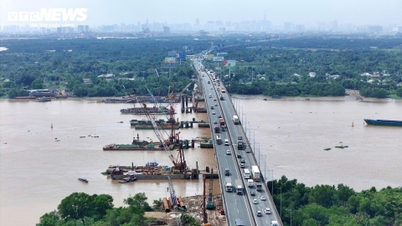

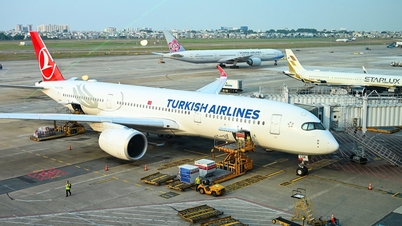
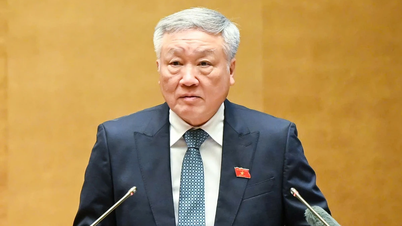


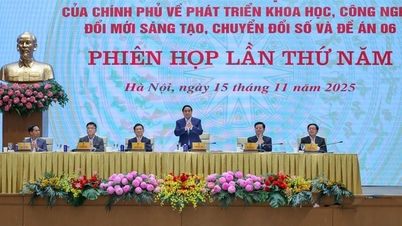
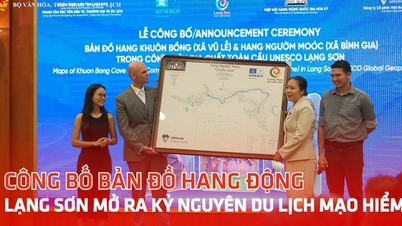
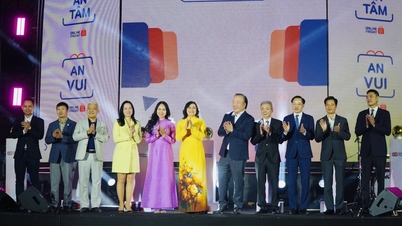




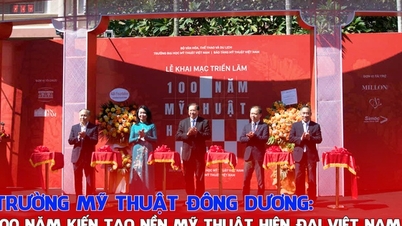


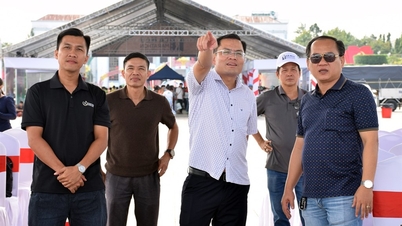


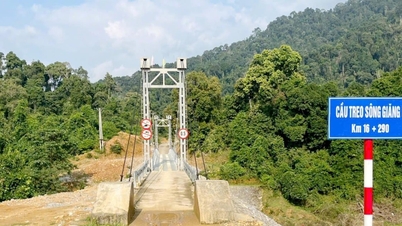












Comment (0)